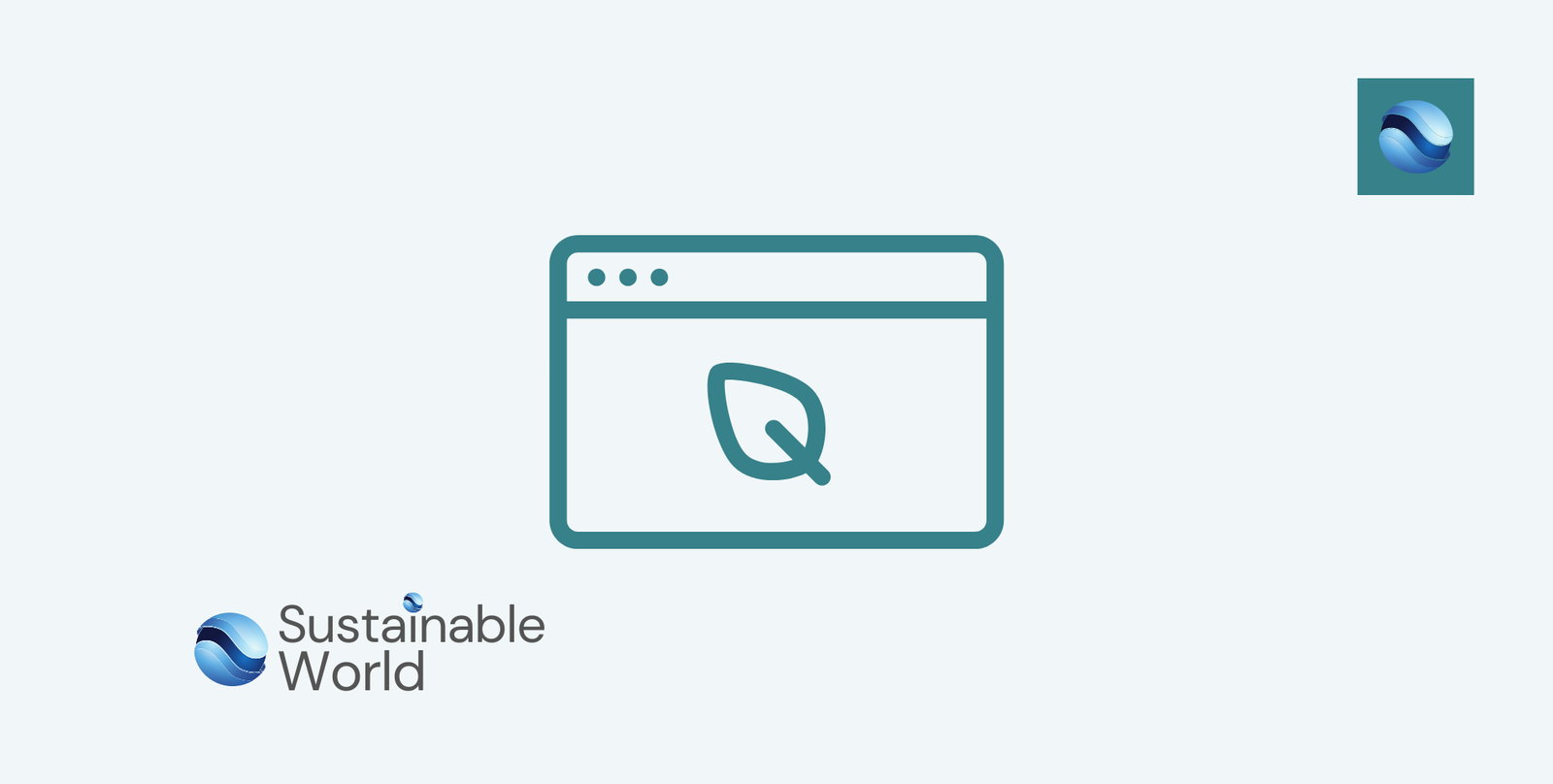In today’s digital age, the internet plays an integral role in our lives, connecting people, businesses, and information worldwide. However, the rapid growth of the internet has led to significant environmental concerns. The concept of a sustainable web has emerged as a solution to mitigate the environmental impact of our online activities. This article delves into the importance of a sustainable web and explores various strategies to optimize its ecological footprint.
The Environmental Impact of the Internet
The internet may seem intangible, but it has a tangible environmental impact. From energy consumption to electronic waste, the digital realm is not exempt from contributing to climate change.
Energy Consumption and Carbon Footprint
The sheer magnitude of energy required to power data centers and run internet infrastructure is staggering. This energy consumption contributes to greenhouse gas emissions, primarily from the burning of fossil fuels. Transitioning towards renewable energy sources for powering data centers is crucial to reducing the carbon footprint of the web.
Electronic Waste and Recycling
The electronic devices we use to access the internet have a limited lifespan, resulting in electronic waste. Proper recycling and responsible disposal of these devices are essential to minimize the environmental impact. Promoting the use of modular and repairable devices can also extend their lifespan, reducing the need for frequent replacements.
Sustainable Web Design and Development
Creating a sustainable web goes beyond addressing the environmental impact of data centers. It also involves optimizing website design and development practices to reduce energy consumption and improve overall efficiency.
Efficient Coding and Web Performance
Efficient coding practices can significantly impact a website’s energy consumption. Minimizing unnecessary code, compressing files, and optimizing images can contribute to faster loading times and reduced energy usage. Additionally, optimizing web performance helps create a better user experience, leading to increased engagement and a more sustainable online ecosystem.
Responsive Design and Mobile Optimization
With the increasing use of mobile devices for internet access, responsive web design and mobile optimization have become essential. A mobile-friendly website not only enhances user experience but also consumes less data and energy. Optimizing for mobile devices contributes to a more sustainable web by reducing unnecessary data transfers and improving overall efficiency.
Data Center Efficiency and Cloud Computing
Data centers are the backbone of the internet, storing and processing vast amounts of data. Enhancing their efficiency is crucial to reducing energy consumption and carbon emissions.
Virtualization and Consolidation
Virtualization allows multiple servers to run on a single physical machine, optimizing resource utilization and reducing the number of physical servers required. Consolidating servers and data centers through virtualization can significantly decrease energy consumption and operational costs.
Cloud Computing and Green Hosting
Cloud computing offers scalable and shared resources, allowing businesses to reduce their individual infrastructure requirements. Choosing green hosting providers that run on renewable energy sources further supports the shift towards a sustainable web.
User Behavior and Awareness
While infrastructure optimization plays a vital role, user behavior and awareness are equally important in creating a sustainable web ecosystem.
Encouraging Green Internet Practices
Educating internet users about the environmental impact of their online activities can drive behavioral change. Encouraging practices such as reducing unnecessary downloads, opting for digital alternatives to paper, and promoting energy-efficient devices can collectively contribute to a more sustainable web.
Supporting Green Initiatives and Organizations
Supporting green initiatives and organizations that aim to promote sustainability in the digital realm can have a significant impact. By being conscious consumers and supporting businesses that prioritize sustainability, we can drive positive change in the web industry.
Conclusion
As the world becomes increasingly connected, it is imperative to address the environmental impact of the internet. Embracing the concept of a sustainable web is crucial for a greener digital future. By optimizing energy efficiency, improving web design practices, and fostering user awareness, we can collectively create a more sustainable online ecosystem. Let us embark on this journey towards a sustainable web, where connectivity and environmental responsibility go hand in hand.
Products
- Digital Detox: Unplugging for Mental Clarity and Inner Peace eBook – Learn how to create balance in the digital age while supporting a more sustainable online ecosystem.
- Digital Marketing eBook 2024 – Explore eco-friendly digital marketing strategies that reduce your environmental impact while growing your business.
- The Automation Advantage eBook – Discover how automation can streamline your online presence and promote sustainability.
- AI Prompts for Entrepreneurs eBook – Use AI efficiently and sustainably to innovate and grow your online ventures.
- Basics of Blockchain Technology eBook – Understand how blockchain can support transparency, security, and sustainability in the digital space.



Leave a Reply